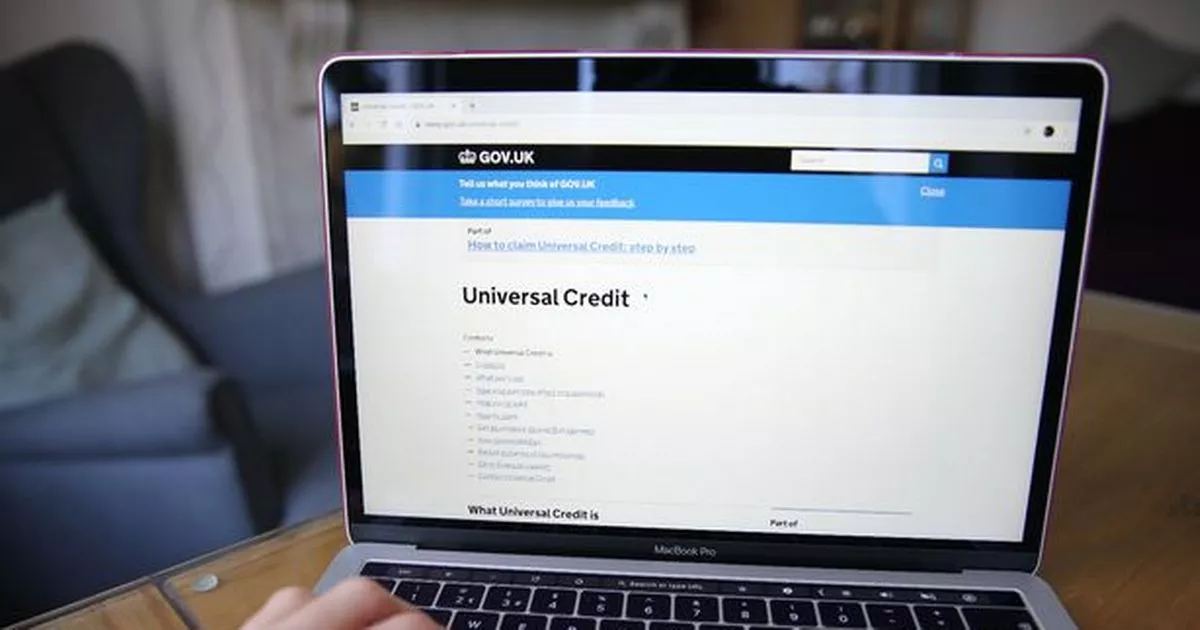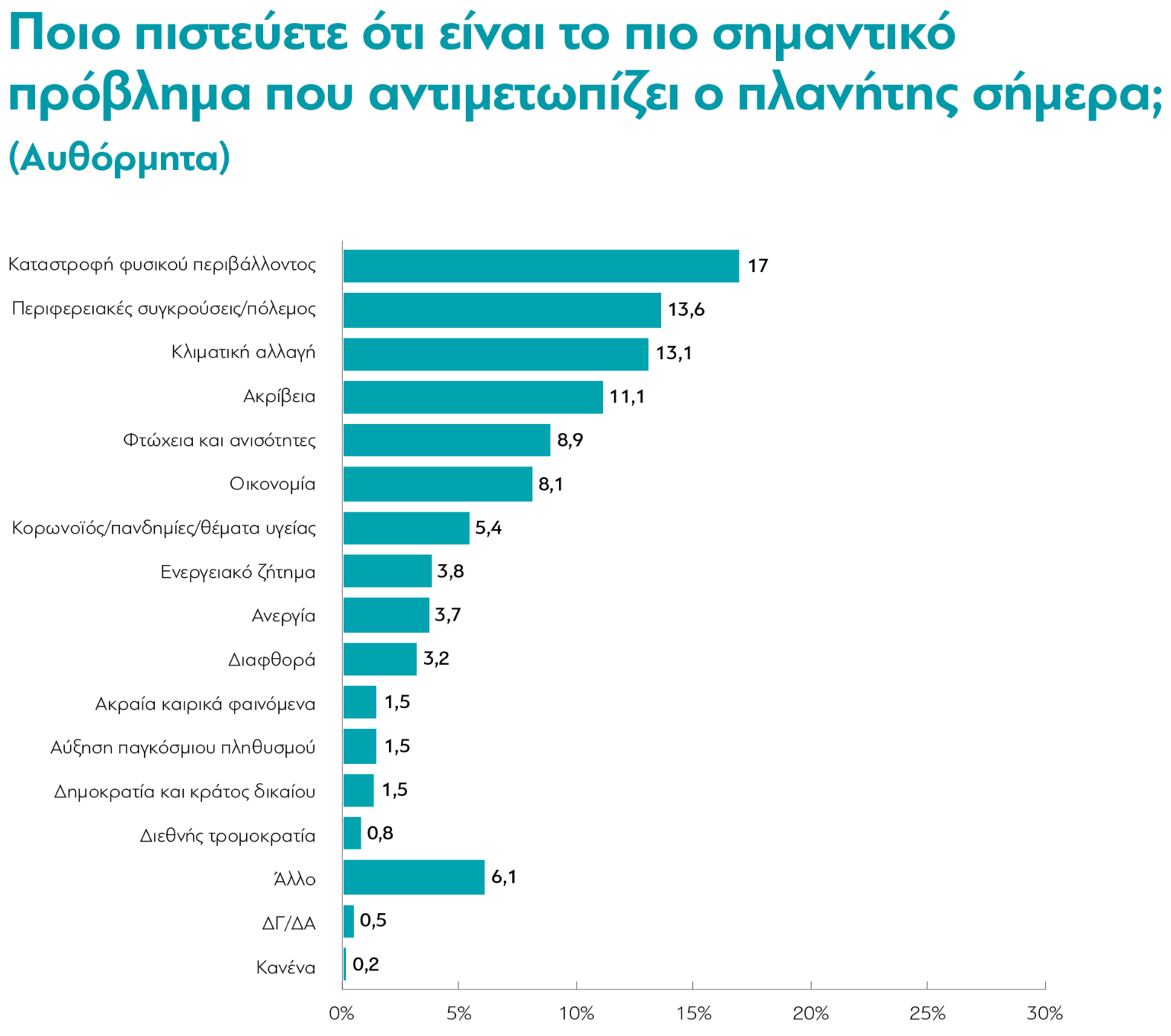Updated Universal Credit Claim Verification Procedures From The DWP

Table of Contents
Key Changes to the Universal Credit Verification Process
The DWP has implemented several key changes to the Universal Credit verification process, aiming for greater efficiency and accuracy. These changes impact how your identity and eligibility are verified. Understanding these updates is vital to ensuring a successful application.
Key changes include:
- Increased reliance on online verification: The DWP is increasingly utilizing online verification methods, reducing the need for physical document submission in many cases. This includes verifying your identity using online portals and linking existing government accounts.
- Modified document acceptance: The types of acceptable supporting documents have been revised. Some previously accepted documents may no longer be sufficient, so it's vital to check the updated guidelines on the GOV.UK website.
- Streamlined processes for specific groups: Certain claimant groups, such as those with disabilities or specific vulnerabilities, may experience streamlined verification processes designed to reduce administrative burdens.
- Enhanced security measures: Improved security measures have been implemented to protect claimant data and prevent fraud. This may involve additional verification steps during the application process.
New Document Requirements for Universal Credit Claims
Providing the correct supporting documents is crucial for a successful Universal Credit claim. Failure to provide sufficient evidence can lead to delays or rejection of your claim. The DWP requires specific documentation to verify your identity, address, and income.
Essential documents often required include:
- Proof of identity: Passport, driving licence, birth certificate. Check the GOV.UK website for a comprehensive list of acceptable IDs.
- Proof of address: Utility bill, bank statement, council tax bill – ensure the document is recent and clearly shows your name and address.
- Proof of income: Payslips, P60, self-assessment tax returns – depending on your employment status, different documentation will be required. Accurate and up-to-date income information is crucial for determining your benefit entitlement.
What happens if insufficient documentation is provided? The DWP may request further information, delaying the processing of your claim. In some cases, insufficient documentation could lead to your claim being rejected. It's vital to provide all necessary documents at the outset to avoid these potential issues.
Understanding the Universal Credit Eligibility Criteria
Eligibility for Universal Credit depends on several factors, including your income, savings, and personal circumstances. Understanding these criteria is crucial before applying.
Key eligibility requirements often include:
- Age: You must be of working age (generally 18-65). Specific exceptions may apply.
- Residency: You must be a UK resident or have the right to reside in the UK.
- Income: Your income must fall below a certain threshold. These thresholds are regularly updated, so check the latest information on the GOV.UK website.
- Savings: You may not exceed a specific savings limit.
You can use the online Universal Credit eligibility checker on the GOV.UK website to assess your potential entitlement.
Dealing with Delays and Disputes in the Universal Credit Verification Process
Despite careful preparation, delays or disputes can still arise during the Universal Credit verification process. Knowing how to handle these situations is important.
Reasons for delays may include:
- Incomplete documentation.
- Difficulties verifying information provided.
- High volume of applications.
If you encounter a delay or dispute:
- Contact the DWP immediately to inquire about the status of your claim.
- Gather all relevant supporting evidence to support your case.
- If your claim is rejected, you have the right to appeal the decision. The DWP website provides detailed information on the appeals process.
- Consider seeking support from a Citizens Advice Bureau or other relevant support organizations.
Contact Information: You can find the DWP helpline number and other contact information on the GOV.UK website.
Conclusion
Staying informed about the updated Universal Credit claim verification procedures is vital for a successful application. Understanding the key changes, new document requirements, and eligibility criteria will help you navigate the process efficiently and avoid potential delays. Remember to meticulously gather all necessary documentation and promptly address any requests for further information from the DWP. Familiarize yourself with the updated Universal Credit claim verification procedures today to ensure a successful application. For detailed information and the latest updates, visit the official GOV.UK website.

Featured Posts
-
 Nba Playoffs Triple Doubles The Ultimate Quiz Challenge
May 08, 2025
Nba Playoffs Triple Doubles The Ultimate Quiz Challenge
May 08, 2025 -
 Official Play Station Podcast Episode 512 True Blue Key Takeaways And Analysis
May 08, 2025
Official Play Station Podcast Episode 512 True Blue Key Takeaways And Analysis
May 08, 2025 -
 Wlyme Ky Khwshy Ghm Myn Bdly Gjranwalh Myn Dlha Ka Antqal
May 08, 2025
Wlyme Ky Khwshy Ghm Myn Bdly Gjranwalh Myn Dlha Ka Antqal
May 08, 2025 -
 Announced March 2024 Ps Plus Premium And Extra Games
May 08, 2025
Announced March 2024 Ps Plus Premium And Extra Games
May 08, 2025 -
 Analyzing Scholar Rock Stocks Unexpected Monday Fall
May 08, 2025
Analyzing Scholar Rock Stocks Unexpected Monday Fall
May 08, 2025
Latest Posts
-
 Bayern Munich Vs Eintracht Frankfurt A Comprehensive Match Preview
May 09, 2025
Bayern Munich Vs Eintracht Frankfurt A Comprehensive Match Preview
May 09, 2025 -
 Meiomena Xionodroma Sta Imalaia 23etes Xamilo
May 09, 2025
Meiomena Xionodroma Sta Imalaia 23etes Xamilo
May 09, 2025 -
 Bayern Munich Vs Eintracht Frankfurt Match Preview And Prediction
May 09, 2025
Bayern Munich Vs Eintracht Frankfurt Match Preview And Prediction
May 09, 2025 -
 I Klimatiki Allagi Kai Ta Xamila Xionia Sta Imalaia
May 09, 2025
I Klimatiki Allagi Kai Ta Xamila Xionia Sta Imalaia
May 09, 2025 -
 Nepogoda V Yaroslavskoy Oblasti Gotovnost K Snegopadam
May 09, 2025
Nepogoda V Yaroslavskoy Oblasti Gotovnost K Snegopadam
May 09, 2025
